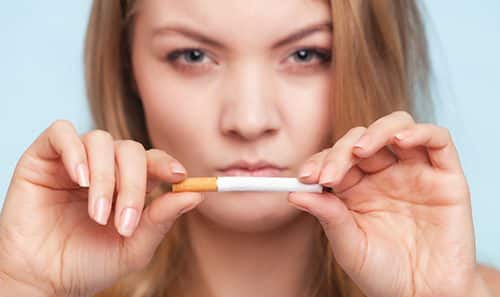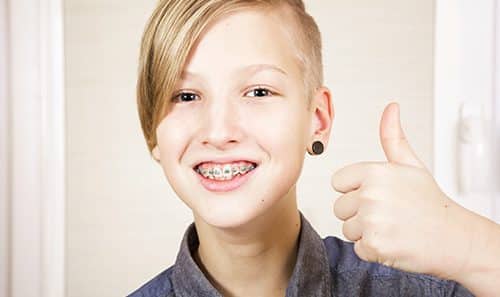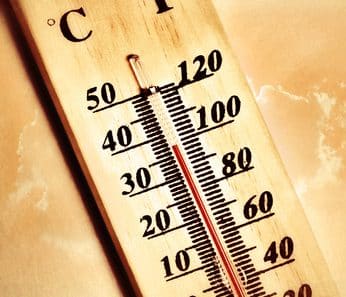
Tips to Avoid Common Problems Associated with Braces
While braces play an important part in helping to create a healthy mouth and teeth, you…

Will my child benefit from early orthodontic treatment?
According to the Canadian Association of Orthodontists, orthodontic treatment for children should start at around age…

Orthodontic Treatments
It’s not unusual for a patient to be unaware of the range of services that orthodontists…

Does smoking affect oral health?
By now, everyone knows that smoking is bad for you. But the truth is its broad-reaching…

Why choose an orthodontic specialist over a general dentist?
Patients have so many choices for straightening their teeth nowadays — clear aligners, ceramic braces, lingual…

Prevent Tooth Decay With Braces
When you start wearing braces, it can become a challenge to clean certain areas of your…

How to Protect Your Braces During Sports Activities
Proper mouth protection is recommended by Crichigno Orthodontics when you participate in any sports activities. If…

Adults and Braces
Nowadays, many adults are taking advantage of getting straighter teeth with braces. Dr. Nicola Crichigno and…

What Did You Do on Your Summer Vacation?
The best part of summer vacation is time. Time to hang with friends, time to travel,…

Tips to Help You Beat the Heat This Summer
The dog days of summer are upon us, and with the temperatures soaring, our team at…


